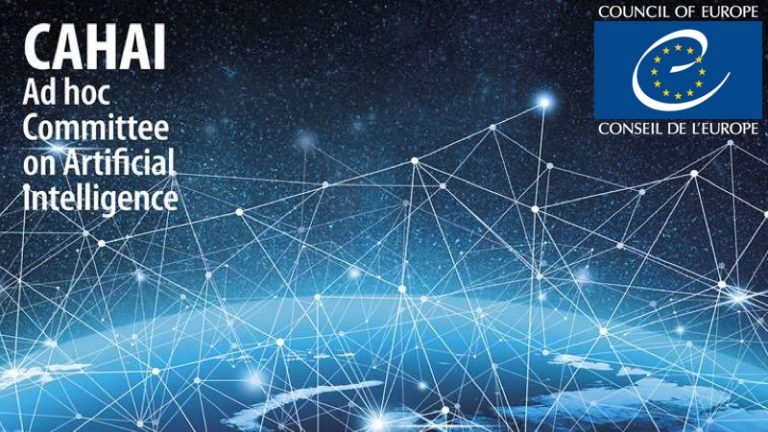
Following the adoption of its feasibility study in December 2020 which identified the need for an adequate legal framework to protect human rights, democracy and the rule of law in the face of the new challenges posed by artificial intelligence (AI) systems, the Ad Hoc Committee on Artificial Intelligence (CAHAI) is currently preparing the elements of a legal framework on the design, development and application of AI, based on the Council of Europe’s standards on human rights, democracy and the rule of law.
A multi-stakeholder consultation is being launched on 30 March to seek the views of a wide range of institutional representatives (not individuals) on some of the key issues that arise in the development of the above elements.
The purpose of the consultation is to help the CAHAI Legal Frameworks Group, which is responsible for preparing the main elements of this future legal framework, to inform its choices on the basis of the feedback received during the consultation.
The questionnaire is now available on the CAHAI website on a dedicated consultation page, where further information and documents on the consultation can be found.
The consultation will be open until 29 April 18h00 (UTC+1) COB.
As stated by CAHAI, “the purpose of the consultation is to help CAHAI’s Legal Frameworks Group, which is responsible for preparing the main elements of this future legal framework, to make informed choices on the basis of the comments that will be collected through the consultation. Indeed, the elements will cover key issues such as the values and principles on which the design, development and application of AI should be based, the areas where more safeguards are needed, and the kind of policies and solutions that need to be adopted to ensure that AI systems are consistent with Council of Europe values. On these and other issues, it is important that the debate is broad and allows for the views of a wide range of stakeholders: government and public administration representatives, international organisations, business, civil society, academia and the technical community. A questionnaire has been prepared to support the consultation. A maximum of 90 minutes should be sufficient to complete the full questionnaire. Responses can be in English or French”.
To access the questionnaire, click here.









